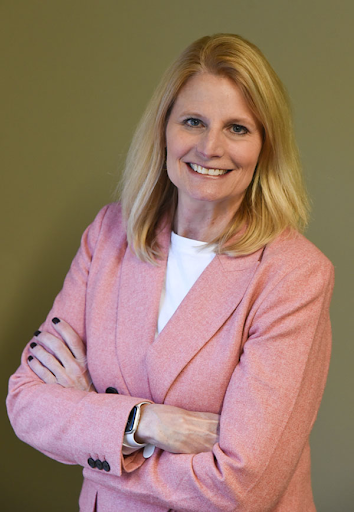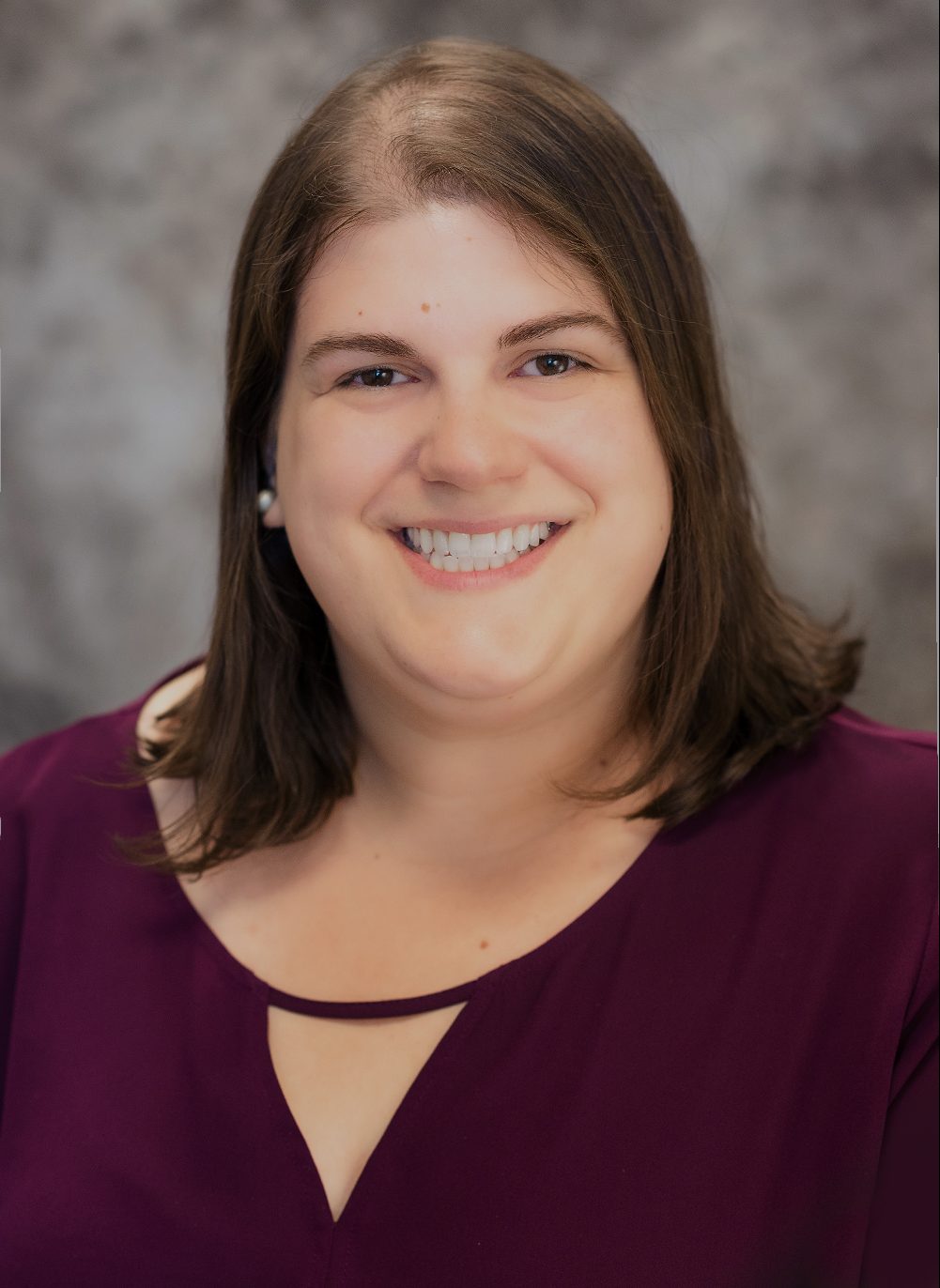Nonprofit organizations are proving their resilience as they learn to adapt to the new normal. In terms of charitable giving, things are also looking up. We saw a 6% increase from 2020 to 2021, and the upward trend is expected to continue throughout 2022. Alongside new challenges and trends, nonprofits are also facing changes in accounting regulations and auditing procedures. Here are some best practices to help you prepare for your nonprofit’s next financial statement audit.
Schedule a Pre-Audit Meeting
It’s helpful to obtain your financial statement audit request list from your auditors early on. When they have more lead time, your audit team can take a proactive approach and avoid time-consuming or costly reactionary measures. It’s a good idea to establish whether your meeting and your upcoming audit will occur on-site or remotely to determine the best way to communicate with your team.
Talk About What’s Already Changed
During your pre-audit meeting, it’s crucial to discuss areas of financial risk that require special attention, major operational changes, new agreements, programs, or funding sources for the year with your audit team. Since the onset of the pandemic, nonprofits may be receiving more federal awards than they are accustomed to in a typical year. In some cases, if the organization meets the threshold, it may be subject to a Single Audit of the federal program activities.
You should also discuss the impact of COVID-19-related relief funds. For example, if your organization received a loan through the Paycheck Protection Program (PPP), you should discuss the balance sheet presentation of the loan. Or, if your organization received employee retention credits, discuss the method and timing of recording the income with your auditor.
Discuss What’s Ahead
Talk to your team about any changes in accounting methods you are considering. For example, nonprofits may now take advantage of the simplified accounting alternatives for reporting goodwill and certain identifiable intangible assets. And ask about accounting standards updates that could affect your nonprofit organization this year, such as reporting gifts-in-kind, recognizing revenue, and the new lease reporting standard.
Gather Documentation
Based on the points discussed in your meeting, your auditor will issue an audit request list. In addition to documentation supporting the items above, your in-house team will need to gather general accounting documentation for the year. This often includes things like your general ledger, year-end reconciliation statements, fixed assets and depreciation schedules, and financial management policies.
If your financial statement audit will be remote, ensure your organization is set up with the technology necessary for scanning, secure file sharing, and screen-sharing. Leveraging these tools to provide explanations is often more effective and efficient than email.
Keep Lines of Communication Open
Keep an open dialogue between your staff in-house and your audit team. Ensure that your internal team is available during the scheduled fieldwork dates. And make sure you are assigning, tracking, and fulfilling your internal duties so that you and your auditors can avoid bottlenecks.
If your audit will be remote, establish a plan to address questions in a structured way, such as a recurring web meeting or scheduled phone calls, to respond to requests from your audit team. It’s vital to set aside the time to give a remote audit engagement the same attention you would give it if the team were on site.
Contact Smith, Sullivan & Brown
At SSB, we’re passionate about helping nonprofit organizations fulfill their missions. We provide accounting, tax, and consulting services that are tailored to each organization’s needs. And we are here to help you prepare for and see you through your next financial statement audit. Contact us today to learn more.

Sandra Brown, CPA is a Partner at SSB. Sandy graduated from the University of Oklahoma and began her career in public accounting at Price Waterhouse. She is licensed in the States of Oklahoma and Massachusetts. Sandy joined SSB in August 2003 and was admitted as a Partner in January 2014. She co-supervises SSB’s nonprofit accounting, auditing, and tax engagements.

Leocadia Archambault, MBA is a Senior Audit Manager at SSB. She graduated from Mount Holyoke College in 2006 with her Bachelor’s degree in Economics and from Northeastern University in 2007, where she earned her Master of Science degrees in Accounting and Business Administration. Leocadia began her public accounting career with Grant Thornton, LLP. At SSB, she is part of the nonprofit accounting and auditing team.

Recent Comments